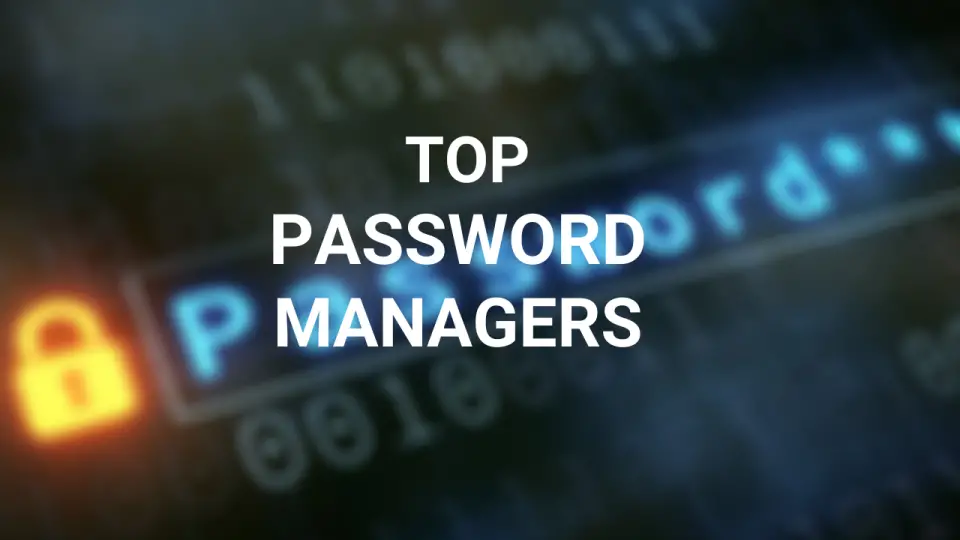In modern society, digital security is of the utmost importance. We live a significant portion of our lives online and through electronics, and it’s important that we protect our information while doing so. However, digital security doesn’t just mean choosing complex passwords, encrypting communications, and so forth.
In some cases, it also means learning about the ways in which scammers and criminals might try to take advantage of you online (usually for the purpose of stealing from you).

Since the beginning of the Internet, different scams have existed, and once users get aware, they don’t fall for such scams, but the artist behind scams comes up with new ideas with a new type of scam every time.
You cannot stop these scammers all alone, but you have to be aware of the scams which are circulating on the Internet in recent times.
So to help address this, we want to highlight some common internet scams it pays to be aware of.
Internet Scams You Should Be Aware Of
Below is the list of common and major Internet Scams you should be aware of before paying any money to a suspicious website.
1. Survey Scams
Survey scams are among the most common internet scams you will find online.
Typically, they target your own interests. For example, if you’ve recently been browsing Apple products, you could theoretically get an email (or even a pop-up) asking you to provide your opinions on your last iPhone.

Some such Survey scams promise to provide you with gift cards, coupons, and other lucrative offers to complete their survey, they get your data and sell it to big companies, and you get nothing in revert.
Sometimes these surveys will ask for payment information (which is a huge red flag) and sometimes they’ll simply infect your computer with some sort of malware when you submit your answers.
Generally speaking, it’s best to ignore a survey prompt unless you specifically sought it out or signed up for it. However, there are other ways to spot survey scams as well. And a little knowledge about the internet and technology can help you to avoid internet scams.
2. Illegitimate Betting Sites
Sports betting and other gambling activities are very popular across the internet.

And because there’s a lot of money in these activities, it stands to reason that there are some scam sites out there.
The best way to avoid these scam sites is to make sure your platform is fully regulated under local laws before you start playing or betting.
Additionally, you can look at aggregate sites or sites posting reviews of several betting platforms at once.
Generally (though not always), if you see reviews for a major, well-known, trusted platform, you can also trust other reviews on the same site. Here it’s mostly about due diligence.
Not all Betting sites are a scam, but the money involved in betting sites makes scammers create tons of scam betting sites to loot your money for nothing.
3. Fake Web Pages
This can apply to many different tricks and scams online, but the general idea is that you’re presented with a link to a site that looks like something reliable and then asked for specific information.

One common example is a pop-up that tells you your computer is infected (sometimes even tells you how it’s infected) with steps as to how to fix the problem or protect your information.
They’re designed to trick you into handing over usernames, passwords, etc., which can then be used to access your private information.
4. The “Nigerian Prince” Trick
Perhaps the most infamous scam in internet history, the “Nigerian Prince” trick (and variations on it) works simply.
You’ll be contacted via email by a person claiming to be Nigerian royalty, a wealthy Nigerian woman who’s lost her husband, etc.
You’ll be asked for help in getting a large sum of money or inheritance safely out of the country.
And then you’ll be asked to pay the various fees necessary for making that happen. Needless to say, there is never any actual cut headed your way – you’ll just be milked for fees as long as you stay gullible.
Fortunately, there’s nothing too complicated about avoiding these scams. If you get an email out of the blue from mysterious overseas individuals, anything it’s promising you is too good to be true.
5. The Hitman Scam
This is a relatively new one and certainly the spookiest one on this list.
The idea is simple: pay up or die. In this scam, you get a mysterious email from an individual who claims to have been hired to kill you.
The individual will then effectively offer you a choice of sending a secure, anonymous payment (perhaps via cryptocurrency like Bitcoin, Monero etc), after which he or she will allow you to live and possibly send you evidence regarding the person who wanted you killed in the first place.

It might sound ridiculous to some, but at the same time, imagine getting an email like this out of the blue and not knowing what to do about it!
Now you know to be on the lookout. Generally, these emails will be heavy on threats but light on details, and often they’ll be written sloppily. Any threat to your life, real or fake, should be taken seriously.
But knowing what to look out for here should save you a headache if one of these nasty scams ever comes your way.
6. CryptoCurrency Scam
The recent popularity of cryptocurrency makes scammers a new choice. Since the crypto boom of 2017, there are tons of new cryptocurrencies are hitting the market every day.
They all promise you that their Crypto coin is the next big thing, the future of payment, and bla bla, they start ICO and sell you the coins at a low price and make you believe the coin will boom after the project launch.
There are tons of crypto coins without any roadmap or project their main intention is to make money and run away. And even your crypto wallet is not as safe as you think.
The Crypto market is still a new thing to many people; those who have no proper knowledge of blockchain technology and related terms are easy prey for such crypto scammers.

Along with fraudulent crypto coins like BitConnect, there are exchanges that offer to trade and run away after making a hefty amount of money.
The recent Crypto Scam news came from China; the officials uncovered $47m Ponzi scheme based on tea-backed tokens.
It is advised to do proper research before buying any crypto coins and trading them on any unreliable exchange.
How to Avoid Internet Scams
You should be aware of the recent internet scams, do not instantly fill out any form and pay to any new website; a quick Google search may save you hard-earned money and time.
- Avoid buying products from untrusted websites.
- Always check the URL in the browser address bar to make sure the site you are browsing isn’t a phishing website.
- Don’t take part in surveys offering you free money or gifts.
- Double-verify the credibility of the website where you are paying.
- Don’t pay anyone over the phone who claims to be from a Government office.
- Don’t click on Ads that read, “Your computer is infected with a virus.”
- Never reply to the SPAM emails and never take any action on their website.
- Do proper research before investing in any cryptocurrency.
- Don’t fall for easy money-making websites or apps; you won’t get anything.
Overall, your safety is in your hands. Stay aware of Internet Scams and stay safe.
Share this article to spread awareness.
Did you ever fall for any online scams? Let me know in the comments.
Also Read-




